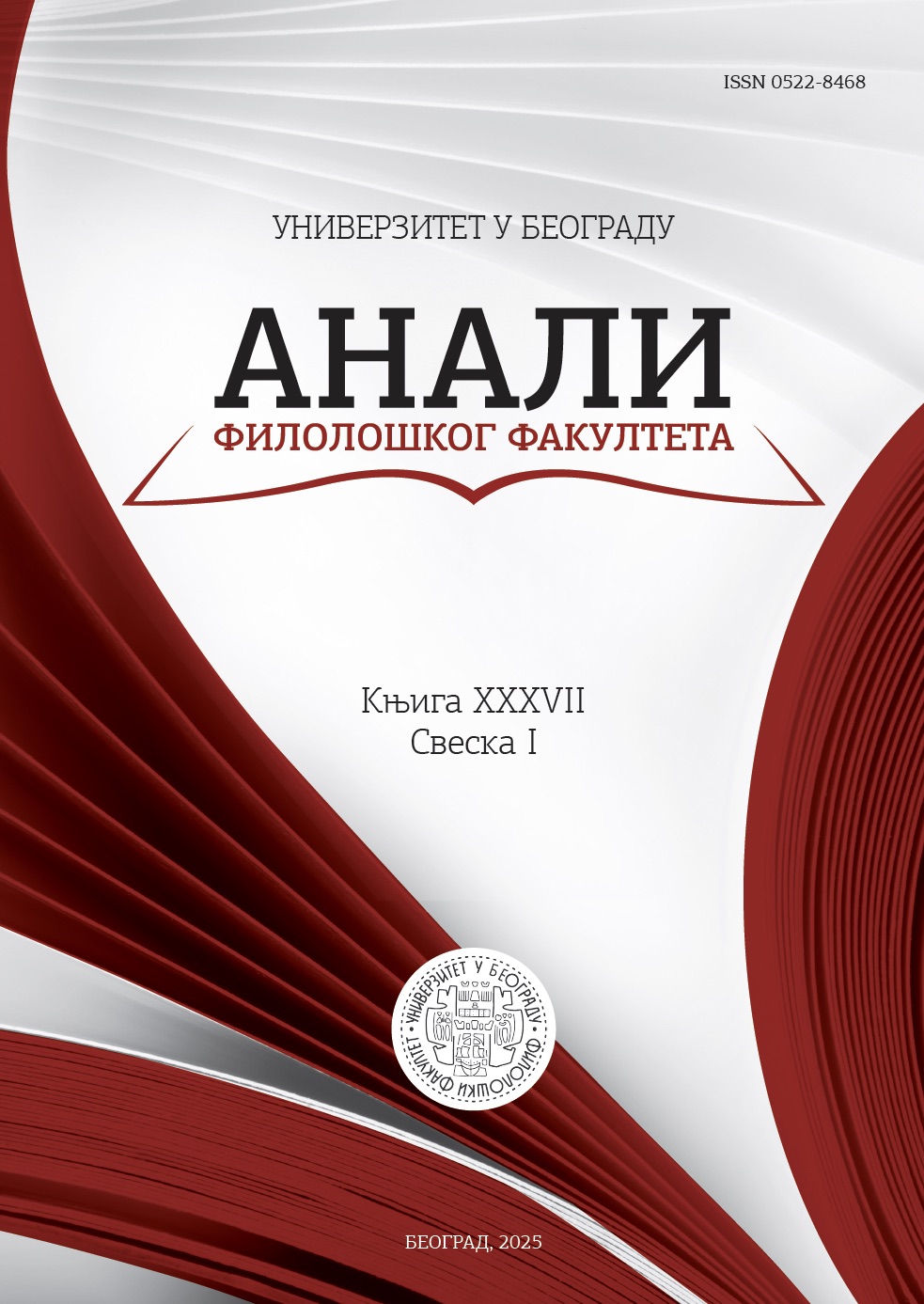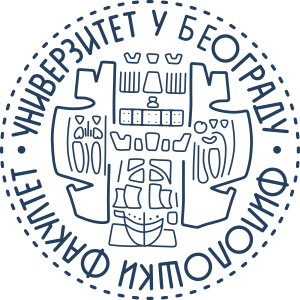Los efectos de la violencia sistemática: el caso del Delirio de Laura Restrepo
DOI:
https://doi.org/10.18485/analiff.2025.37.1.17Кључне речи:
Laura Restrepo, delirio, violencia, Colombia, locuraСажетак
El tema del trabajo es la novela Delirio (2004) de la autora Laura Restrepo y el estudio de las consecuencias de la violencia sistemática en el contexto social de la Colombia de finales del siglo XX, que se presenta en la novela. La autora revela los mecanismos de la violencia de los que no se habla, porque es una violencia invisible que forma parte del mundo social tanto que está completamente normalizada. El objetivo del trabajo es responder a la pregunta de cómo la violencia colectiva afecta a un individuo y cómo se manifiestan sus efectos. En la novela, la violencia configura las vivencias de tres generaciones de personajes a través de las cuales se mostrará que el delirio se convierte en una herramienta. A través de su locura, con acento en la protagonista Agustina Londoño, se manifiesta el caos que envuelve a toda Colombia. Por lo tanto, delirio como herramienta permite a los personajes hablar sobre lo callado y crea un espacio para visibilizar las formas de violencia encubierta y sistemática en Colombia. De esta forma, la locura personal de los personajes de Restrepo indica el delirio de toda la sociedad colombiana de fines del siglo XX.
Downloads
Објављено
Како цитирати
Bрој часописа
Секција
Лиценца

Овај рад је под Creative Commons Aуторство-Дели под истим условима 4.0 Интернационална лиценца.
Authors who publish with this journal agree to the following terms:
- Authors are confirming that they are the authors of the submitting article, which will be published (print and online) in the journal Anali filološkog fakulteta by the Faculty of Philology, University of Belgrade (Faculty of Philology, Studentski trg 3, 11000 Belgrade, Serbia). Author’s name will be evident in the printed article in the journal. All decisions regarding layout and distribution of the work are in hands of the publisher.
- Authors guarantee that the work is their own original creation and does not infringe any statutory or common-law copyright or any proprietary right of any third party. In case of claims by third parties, authors commit their self to defend the interests of the publisher, and shall cover any potential costs.
- Authors retain copyright and grant the journal right of first publication with the work simultaneously licensed under a Creative Commons Attribution-ShareAlike 4.0 International License that allows others to share the work with an acknowledgement of the work's authorship and initial publication in this journal.
- Authors are able to enter into separate, additional contractual arrangements for the non-exclusive distribution of the journal's published version of the work (e.g., post it to an institutional repository or publish it in a book), with an acknowledgement of its initial publication in this journal.
- Authors are permitted and encouraged to post their work online (e.g., in institutional repositories or on their website) prior to and during the submission process, as it can lead to productive exchanges, as well as earlier and greater citation of published work.





